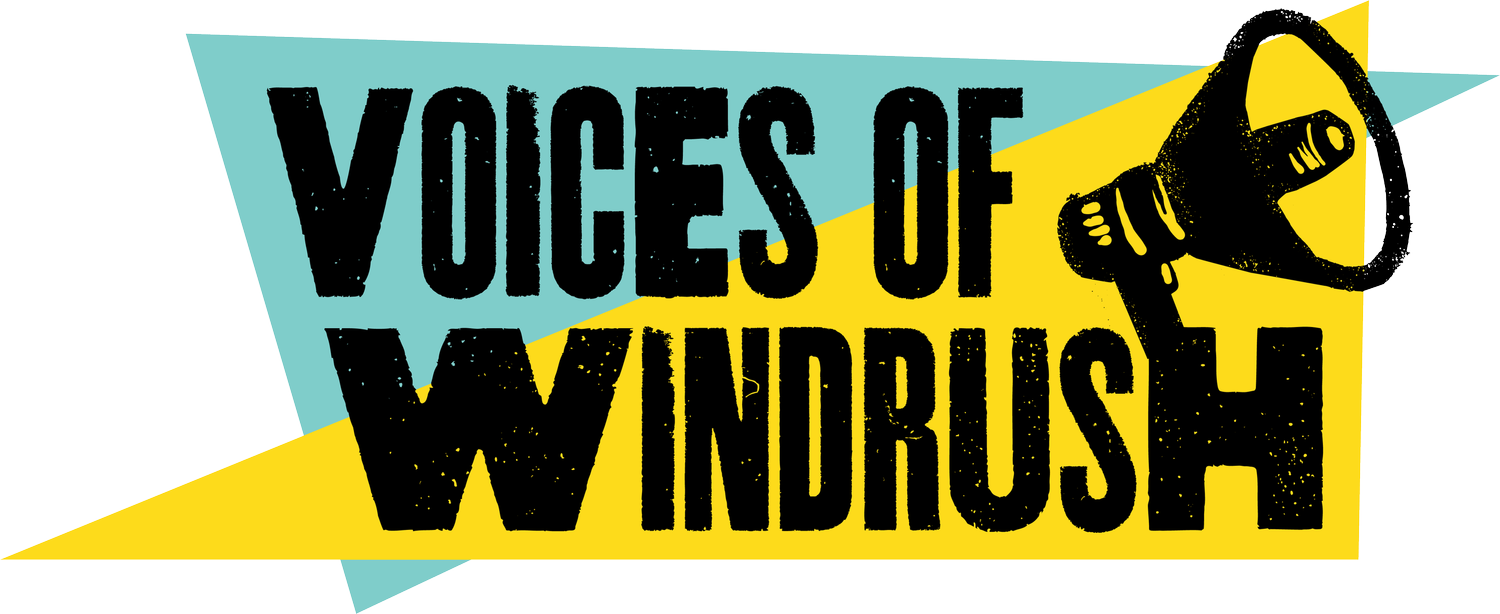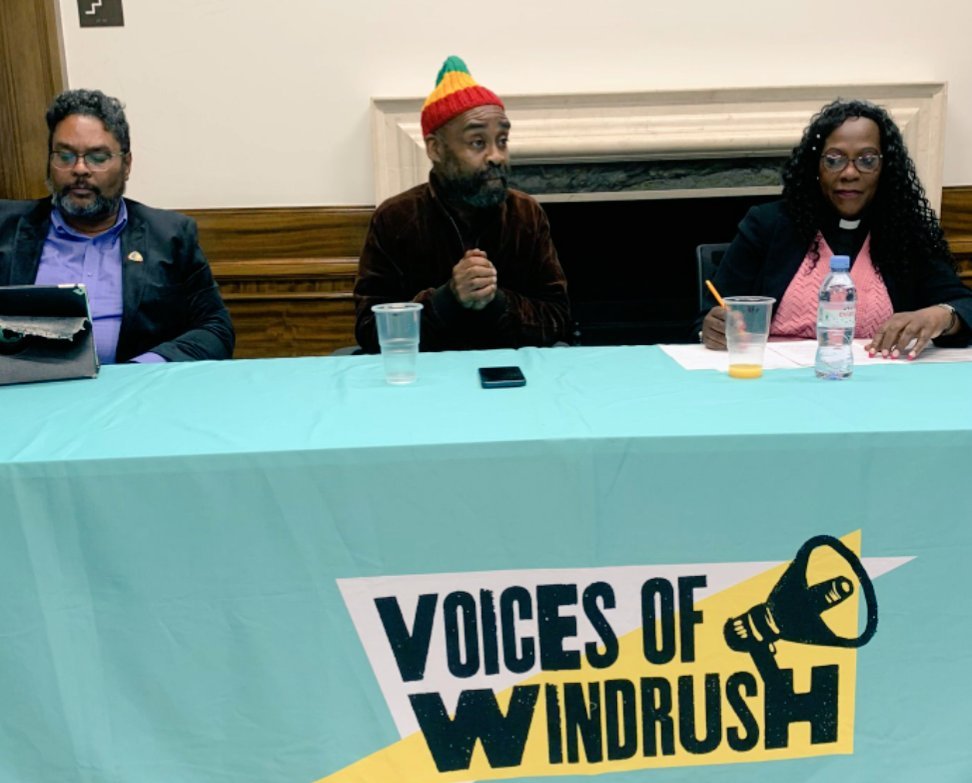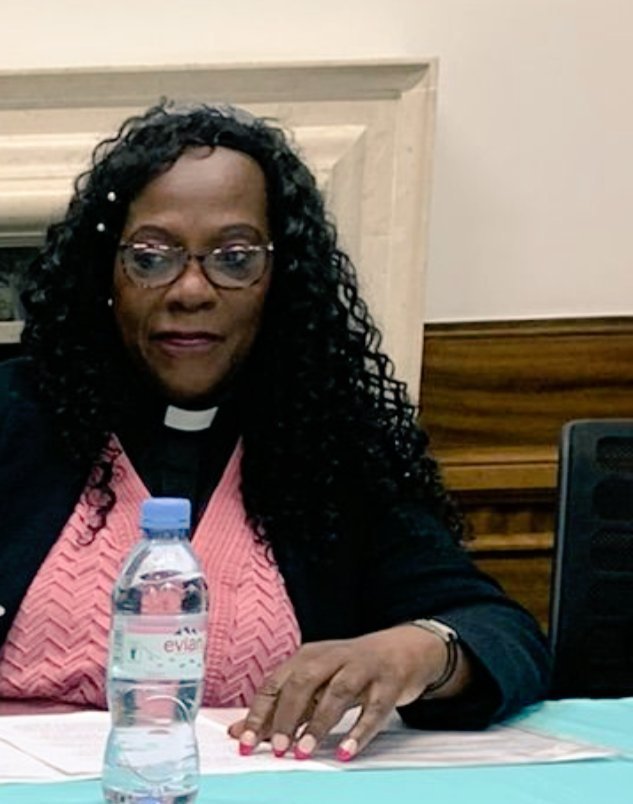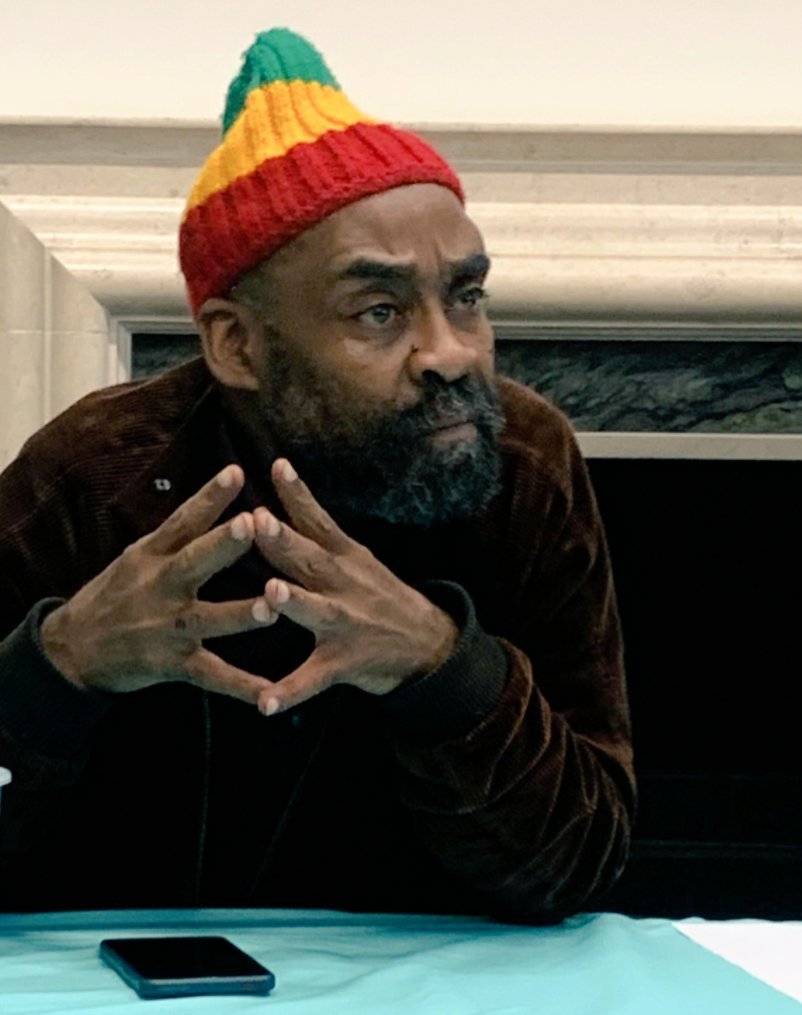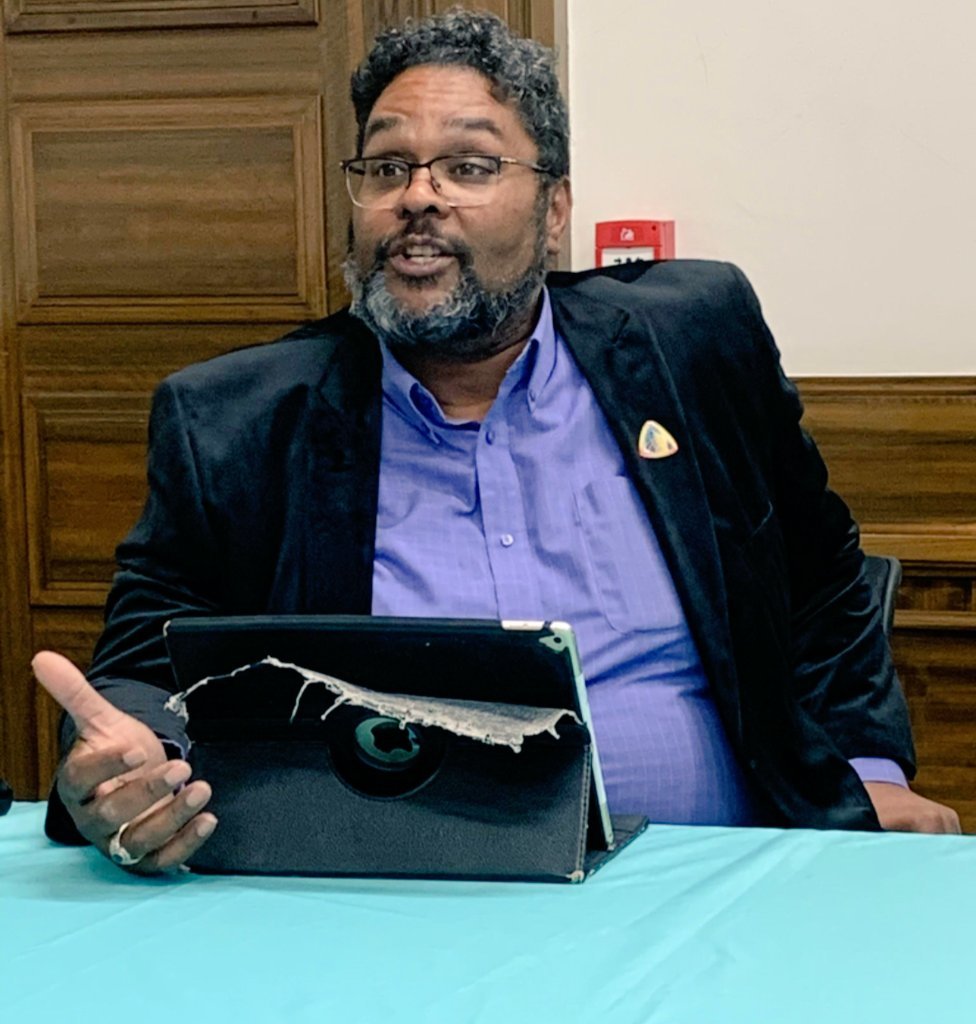Examining the importance of Faith in the Black community
The Voice of Windrush faith event examined the role of faith & religious organizations in developing the rights & positioning of the UK's Black community.
Bishop Desmond Jadoo MBE of Birmingham's Village Fellowship & Chair of the Windrush National Organization explained the rise of the Black church in the UK through the experience of his wife's Barbadian family who in the 1960s, were told by white CoE church leaders that their presence in the church upset the congregation so they stopped going. This familiar tale gave rise to the growth in Black led churches but there has to be an assessment of whether these churches have helped lift the status of Black people in the UK in a practical way.
Bishop Jadoo believes it's important to be involved in practical community development work. His church supports young people at risk of societal exclusion & offending. He does not accept that we're in a post racial society & the church has to do more to fight against racist & discriminatory practices, & attitudes which continue to deny Black people opportunities across society.
Jeff Peart of 12 Tribes - Rastafari, & TTI Repatriation & Reparations believes that most faith organizations are failing to make themselves relevant to the needs of the Black community, especially young people who want facts, truth, science & power. They can't be fooled by superficial ideas. He wants us to focus on how we help young people who have access to all the information they want through technology but can't make advances. People don't need buildings & temples; they need solutions & practical help. Faith should be about building the community & uplifting people through practical initiatives. 12 Tribes tries but does not have the resources held by many more established faith organizations in the UK, despite having a presence here since the arrival of the Windrush. Peart thinks most faith groups are gaslighting & impoverishing their congregations whilst failing to help them meet their aspirations. The Black community is hurting - Rastafari gives it a consciousness despite being a small group. Reparations & repatriation to Africa for those who want it, is a goal of his.
Rev Yvonne Clarke, a priest at All Saints Church in Shirley, the first Black woman dean & a doctoral student of theology examining racism in the CoE, thinks churches are important as the benchmark of moral values, irrespective of the scandals. She views ongoing dialogue with faith groups as key to practical community development as answers can be found in the scriptures. As a prison & schools chaplain, she saw the importance of dialogue, sometimes based on the scriptures, which provides a base for learning, understanding & opportunities to think. She accepts that there is racism in the CoE, which has failed to live up to its many pledges to effect change. The Windrush community came to the UK with deep faith & wanted somewhere to share this & fellowship, but were badly let down without atonement. It's a shame the CoE in particular was so unwelcoming. She understands people's reticence about faith & religion. It's difficult to maintain this when faced with an onslaught of racism & other deprivations. Rev Clarke is hopeful for change.
All three speakers agreed that the church needed to adopt a practical role in alleviating society's problems. The church has resources & could be a catalyst for change, equality & building equity, but is far of achieving this. Some audience members thought the Black community should look to the ancient religious & spiritual practices of Africa, which not only provided cultured healing, resolution & development, but built & empowered communities, systems of learning, histories, governance, institutions & societies.
